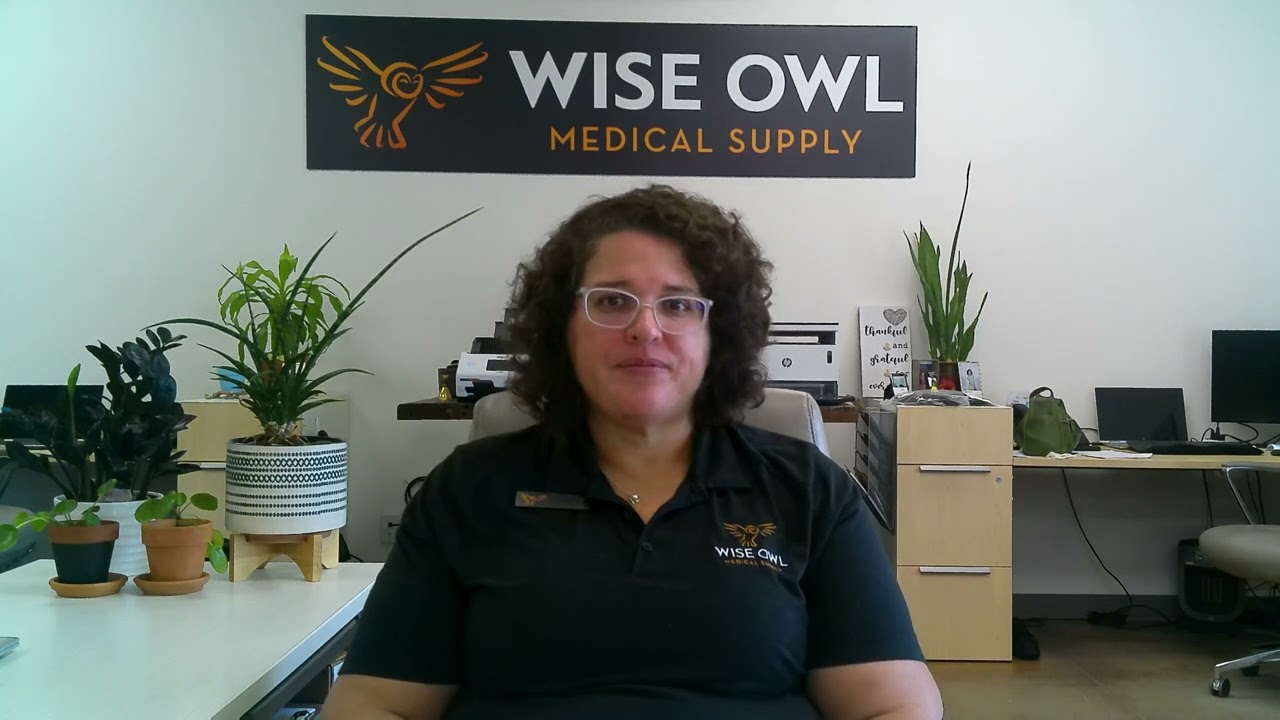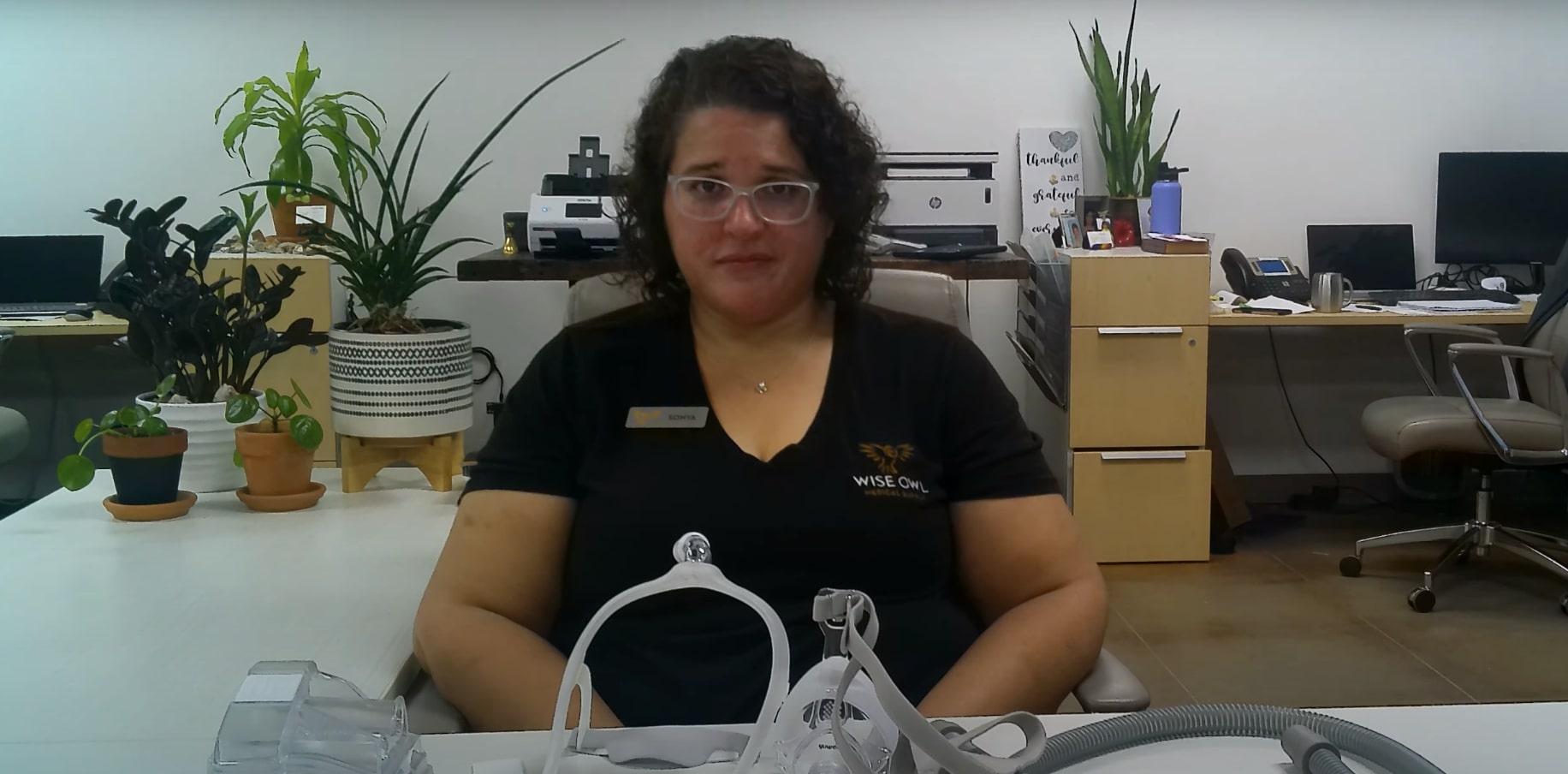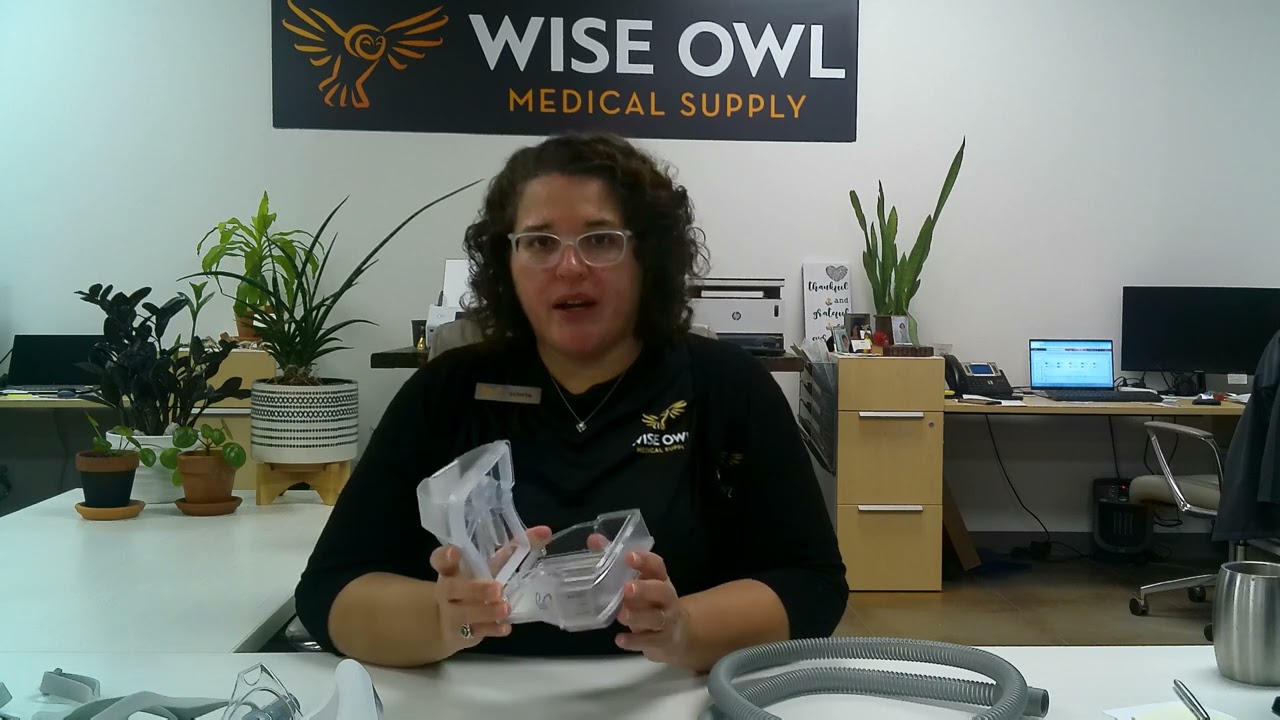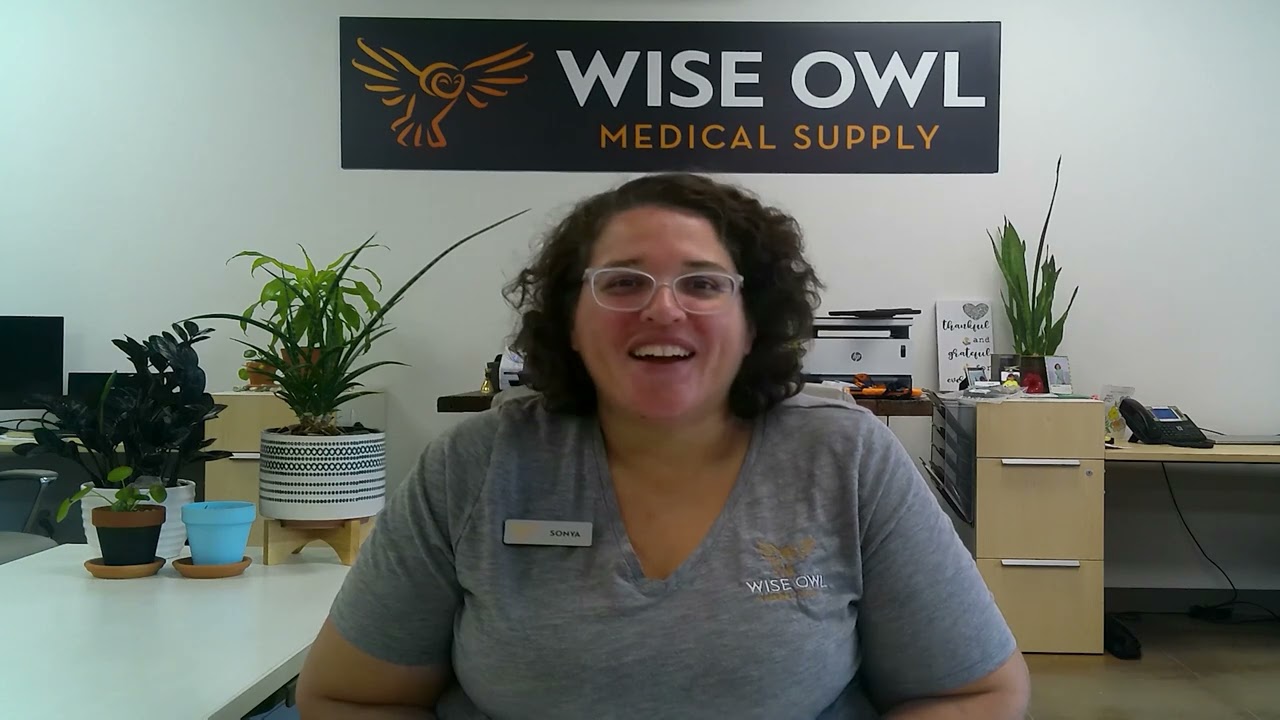What Is Sleep Apnea And What To Do About It.
Early Signs of Sleep Apnea
You wake up with a start as she jabs you with her elbow again. “You’re snoring, honey,” she says, and you grumble as you turn over and go back to sleep.
When you wake up, your mouth is dry, and you have a headache. You know you didn’t go out last night, you didn’t even have a drink with dinner, but you still feel like it’s the morning after a frat-house kegger. And you’re as tired as you were when you went to bed, if not more so.
You snap at her as she makes your breakfast, asking her “Why’re you making so much noise with that?” You apologize as soon as the words leave you, but it’s not soon enough to keep the hurt from her eyes.
You drive to work, and you drift a little bit on the highway as your head nods. Another driver pulls into the lane in front of you, and you rage at her for just a moment before seeing that, no, she is actually signaling her lane-change.
You walk into the office, and when the receptionist asks you what’s wrong, it’s a sharp “Nothing” that crosses your lips. Your coworkers look at you and keep their distance. Even without their distractions, though, the numbers jump around on the spreadsheets, and it’s hard to keep your eyes open through the day.
The drive home? You barely remember it. Dinner? Not much better. You nearly nod off into the mashed potatoes. But when you get to bed, finally, sleep seems to run away from you. How annoying after it’s been sneaking up on you all day!
You read for a while, and at last, you nod off. She wakes you up once, you know, that elbow digging in again, and you grumble again as you turn over and go back to sleep.
You dream.
In the dream, you’re choking. You’re drowning. You can’t breathe.
Once again, you wake up gasping in the night.
Any of this sound familiar? If so, you might have sleep apnea.
Additional Consequences
Sleep apnea can lead to a lot of restless nights and unpleasant mornings. It can lead to bad times with loved ones and decreased job performance. But a lot of the signs and symptoms of sleep apnea are downplayed or normalized: “So, I snore. What’s the big deal?” “Yeah, I’m tired. I work hard and I’m getting older. That’s normal!”
But sleep apnea is a big deal! If left untreated, it can lead to weight gain, mood disorders such as depression and anxiety, diabetes, liver problems, high blood pressure, irregular heartbeat, heart attacks, strokes, and early onset dementia. It has been linked to Alzheimer’s disease. It can even lead to death.
Want to know more about sleep apnea and who it affects?
Read on!
What Is Sleep Apnea?
Sleep apnea is a condition where your breathing stops and starts, repeatedly, while you sleep. Like many conditions, it comes in several varieties:
- Obstructive Sleep Apnea, the common form that occurs when your throat muscles relax, creating a blockage in your airway. Usually, your brain will wake you up just enough for your muscles to re-tense, which lets you keep breathing but causes repeated interruptions in your sleep cycle.
- Central Sleep Apnea, a less common form that occurs when the signals your brain sends your breathing muscles are interrupted. Your brain will send a different set of signals to your body to make you start breathing again, but you may wake up feeling short of breath and have trouble getting to sleep at all.
- It’s common for people to have a combination of both types. The frequent disruptions to your sleep cycle prevent your brain and your body from getting the restorative benefits of sleep. Also, sleep apnea causes sharp drops in your blood oxygen to dangerously low levels while you sleep. The typical person spends a third of their life in bed. That means, if you are someone with untreated sleep apnea, your heart and brain are oxygen-deprived for a third of your life!
No type of sleep apnea is an exclusive problem. Yes, it’s more prevalent among men, the overweight or in older populations. However, sleep apnea affects folks from all walks of life: women, young and middle-aged adults, people with healthy lifestyles, even children! In fact, according to the Cleveland Clinic, 25% of men and 10% of women have sleep apnea!
Sounds like a problem, right?
Problems need fixing, and if you want to know how you can handle sleep apnea, keep reading!
What Can You Do About It?
You might think you have sleep apnea. So, what do you do? First thing, you check in with your physician. Sleep apnea is a medical condition and requires a medical diagnosis to treat properly.
Your physician is likely to order a sleep study. There’re several types of sleep studies, but each will look for how you sleep, how many times you stop breathing while you sleep, how long it is before you start breathing again, and how much oxygen your blood carries. Your results will be measured in terms of your Apnea Hypopnea Index, or AHI. Essentially, this is the average number of times per hour that you stop breathing or have a shallow, inefficient breath. The higher your AHI, the more severe your sleep apnea is.
Sleep apnea is often linked to other conditions. Knowing what causes your sleep apnea will help you and your physician make the best treatment decision. Based on your test results, your physician will make the final diagnosis.
Lifestyle changes and surgeries are possibilities for treatment. However, the most common and successful treatment for sleep apnea is Positive Airway Pressure, or PAP, therapy. It comes in two main varieties:
- Continuous Positive Airway Pressure, or CPAP, where a continuous stream of air blows into your airways, keeping just enough air pressure in your throat to make sure it stays open and keeps you breathing normally
- Bilevel Positive Airway Pressure, or BiPAP, where the stream of air blowing into your airways oscillates between two levels as you inhale and exhale
We’d be happy to talk with you about PAP therapy and how it can help you or a loved one live a better, fuller life. Remember, if you are not sleeping well, you’re not healing well. This compounded over a long period of time leads to tons of physical and mental issues. Even death.
Are You at Risk?
Do you want to know if you are at risk of having sleep apnea? It’s definitely worth looking into.
The first step is to determine if you are at risk of sleep apnea. Take 30 seconds to fill out and submit the form below, and one of our staff will send you a FREE survey that many doctors use to help determine if you are at risk of Obstructive Sleep Apnea. Additionally, we will include action steps of exactly what to do next if you are a candidate for sleep therapy. Lastly, we will include some tips and tricks that you can use immediately to help reduce the effects of sleep apnea.
Yet, the first step is to determine if you are at risk of sleep apnea. Let us send you a survey that sleep medicine doctors and pulmonologists use all the time to help determine if pursuing sleep therapy is right for you.
Remember, if you are not sleeping well then you are not healing well.
If you want something different, you have to do something different. Something wiser.
Let us show you how We Help Harder at Wise Owl.













